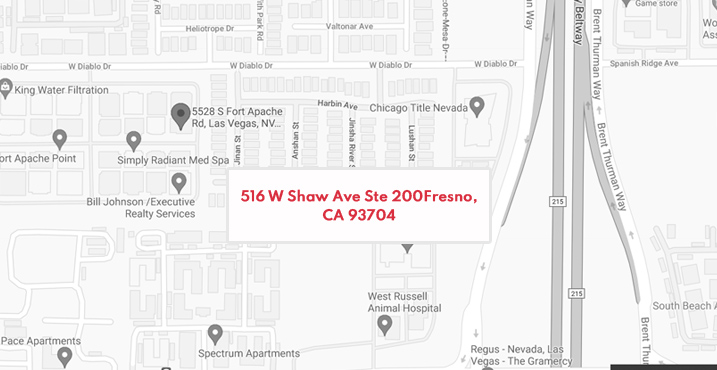What is “common law” marriage? This is when a couple has lived together for an extended period of time and, for all intents and purposes, are seen as a married couple by those in their orbit, regardless of whether they were ever lawfully wed with a marriage license.
Despite popular belief to the contrary, California does not in fact recognize “common law marriage.” Very few states do, actually. And though California is a progressive state in many matters, marriage is only legally recognized in the state if there is a marriage license and vows exchanged in some sort of ceremony.
Which States Recognize Common Law Marriage?
Only a small handful of states legally recognize common law marriage, including:
- Colorado
- Iowa
- Kansas
- Montana
- New Hampshire
- South Carolina
- Texas
- Utah
Other states have more complicated additional rules allowing for common law marriage if certain specifics are met. For example, common law marriage could be recognized in Pennsylvania, but only if formed prior to 2005.
And though California is not one of the states that recognize common law marriage, the officially unwed still have some rights under the law similar to those of divorcing married couples.
What Are Our Rights as an Unmarried Couple in California?
Though California is not a common law marriage state, in the event of a split California’s unwed couples still have some rights similar to those of a divorcing married partnership. If you’ve been together for a long time and believe you are owed something after the dissolution of your partnership, you may have the right to financial support or some sharing of assets.
Verbal or signed agreements made between the parties before dissolving the partnership could possibly be used to help you get what you feel belongs to you. Palimony or “Marvin” claims refer to marital-type claims for finances or property made after a breakup.
Additionally, California may potentially recognize common law marriage status from another state.
How Can a Lawyer Help Me?
Even though common law marriage is not legally recognized in California, couples still have rights. In California, it is the legal duty for a parent to support their children, regardless of the marriage status with the other parent. Likewise, unmarried parents also have custody rights and obligations to their children, if their relation to the child is legitimate.
Every relationship is unique. And, sadly, most breakups are complicated in nature. Even if you’re unmarried, you should still take the time to understand your rights and responsibilities in the event of a separation from your longtime partner.
Family law attorneys can help you through this difficult time by informing you of your rights and addressing complex legal matters. Give the Bains Law Offices a call at 559-890-1007.









